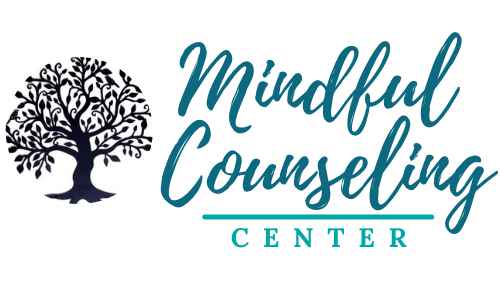Skills to Build Resiliency

I recently read an article on our relationship with anxiety in the 10% Happier newsletter, featuring Dr. Luana Marques, a clinical psychologist, researcher at Harvard, president of the Anxiety and Depression Association of America, and the author of Almost Anxious: Is My (or My Loved One’s) Worry or Distress a Problem? I was intrigued by her approach to coping with anxiety. Marques said:
“When we get anxious, the amygdala, the threat center of our brain, turns on, which in turn turns off our prefrontal cortex, our thinking brain. As a result, we see the world in a distorted way. We start to misinterpret information as threat, and believe that our thoughts are facts, instead of just thoughts. We may feel that something bad is about to happen, and so we start to feel more and more anxious.”
To get out of this spiral, Marques suggested a quick self-assessment of what she called your “TEB cycle” (TEB stands for thoughts, emotions and behaviors occurring in response to a situation). She explained:
“It [observing your TEB cycle] is a way to understand what’s happening in the brain, and to slow down the brain so you’re more equipped to break that spinning cycle. Just the pause itself is helpful. You’re activating your prefrontal cortex, the thinking part of your brain, you’re slowing down the hijack by the limbic system. As some of the youth I work with say, it’s a way of cooling off the brain.”
I loved the idea of mindfully “cooling off the brain” when we are dealing with all sorts of distress in our minds. I thought that adults as well as youth could benefit from this approach (in conjunction with counseling and/or as a stand-alone self-care technique). It seemed to me that it could be quite useful in helping us deal with life’s ups and downs and spur corrective action when we get off-balance. So, I searched around a bit on the internet and hit gold! I found a curriculum that Marques co-authored, TEB Skills Empower Youth and Build Resilient Communities through Skills that Impact Thoughts, Emotions, and Behaviors (Marques, LeBlanc, Bartuska, Kaysen & Youn, 2021).
The curriculum discussed five core TEB skills the authors identified to help individuals build resiliency in the face of stressful situations (such as one that trigger anxiety), derived from cognitive behavioral therapy (CBT) strategies:
- Observe the TEB cycle
- Charge up
- Explore thoughts
- Face fears
- Solve problems
I encourage you to check out this publication to find out more about these strategies and straight-forward steps to implement each one.
Article by Kristin Littel
